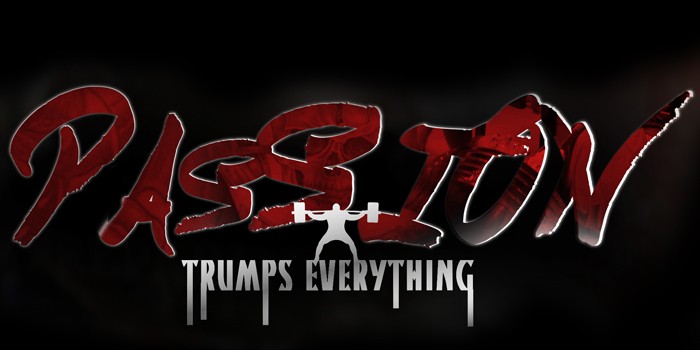
Through the hundreds of surveys and emails I’ve looked through this past year for my mental health projects; I’ve seen a recurring theme of people explaining how much they were struggling and how miserable they were (for extended periods of time), and then stating something along the lines of “but I’ll never take meds or anything”; almost in a prideful way, or maybe in a self-assuring way to remind themselves that they don’t need them.
I’ve been on both sides of the road with this. I grew up in a context where the perspective on psychiatry was a lot different than it is now, and when I finally did go to different doctors during college (4 over the course of 7 years); I was prescribed countless medications that either didn’t work, or made me feel worse. If anyone was discouraged with the possibility of medication helping their anxiety, depression and insomnia, it was me. I’ve also looked through both sides of the research and seen the un-reliable aspects of psychiatric medication. But with the frustration that came with the trial-and-error that is mental health treatment, I was also able to finally find a life-changing solution. The medications that I was prescribed this past year made a 180 degree difference and allowed me to function normally on a day-to-day basis for the first time in years. I won’t go in to all the details (I’ve discussed them in previous articles) but being able to find a medication that worked for me was literally life-saving.
Every medication comes with side effects, and there are a lot of doctors that mis-prescribe medication; but on that same note there is countless research supporting the use of certain medication to treat mental illness and doctors that are very skilled at creating a plan for them. It’s a ridiculous myth that there’s no research to support psychiatric medication – There isn’t an exact test that they can give patients to diagnose a mental illness because the exact causes of various conditions are still being researched, but the effects of medications on brain activity and symptoms are well proven. Hopefully with each year moving forward, the margin for error with treatment will grow smaller; and medication will improve.
Like most things, there’s a risk-to-benefit balance that you need to evaluate with all your treatment decisions. I never recommend to anyone that they immediately turn to medication as plan A; as there are many things you can do before then to address your mental health. But if you continue to exhibit mental illness symptoms consistently and have exhausted your other options, don’t immediately rule medication out. You need to approach the issue educated and thinking critically, but don’t let the recent crucifixion of the pharmaceutical industry or myths about treatment keep you from receiving potentially life-changing help.
Here are a few tips I recommend when looking to address mental health concerns for the first time:
1) See a Doctor AND a Counselor/Therapist – There are two sides to treatment and the counselor can help monitor the doctor’s treatment as you go.
2) Take a Holistic Approach – Stress response is global (see my past articles on the subject), so make sure you’re addressing nutrition, supplementation, spiritual aspects of your life, and stress management (among others) in addition to conventional treatments.
3) Utilize a support system – Most treatments (whether counseling, meds, supplements, or other behaviors) take time. A support system that you communicate with on a regular basis will help you work through your treatments and help you decide whether to adjust if needed (remember it’s trial-and-error)
4) Journal your Progress – Like above, it takes time and you will need to adjust as you go. Journaling your progress (even if it’s just a small note or 1-5 scale rating at night) can help you monitor your progress.
5) Hang in there – It’s tough, it’ll never be perfect, but it will pay off to persevere.
Competitively - My last competition was the UPA Summer Showdown August 6th - And my next meet is the UPA Winter Rack Attack on December 17th (competing raw at 220lbs). This will be my second meet back transitioning to competing raw, and my goal entering next year is to qualify for a larger raw competition (whether it be at the Arnold or elsewhere).
I'm currently the Fitness Director at Ohio University as well as Event Coordinator for EliteFTS. I'm also involved in coaching and public speaking on topics relating to powerlifting, coaching, education, student development, and mental health.
For Coaching & Programming Questions, feel free to contact me at joeschillero@gmail.com
Ask me a Question on our free team elitefts Q&A














